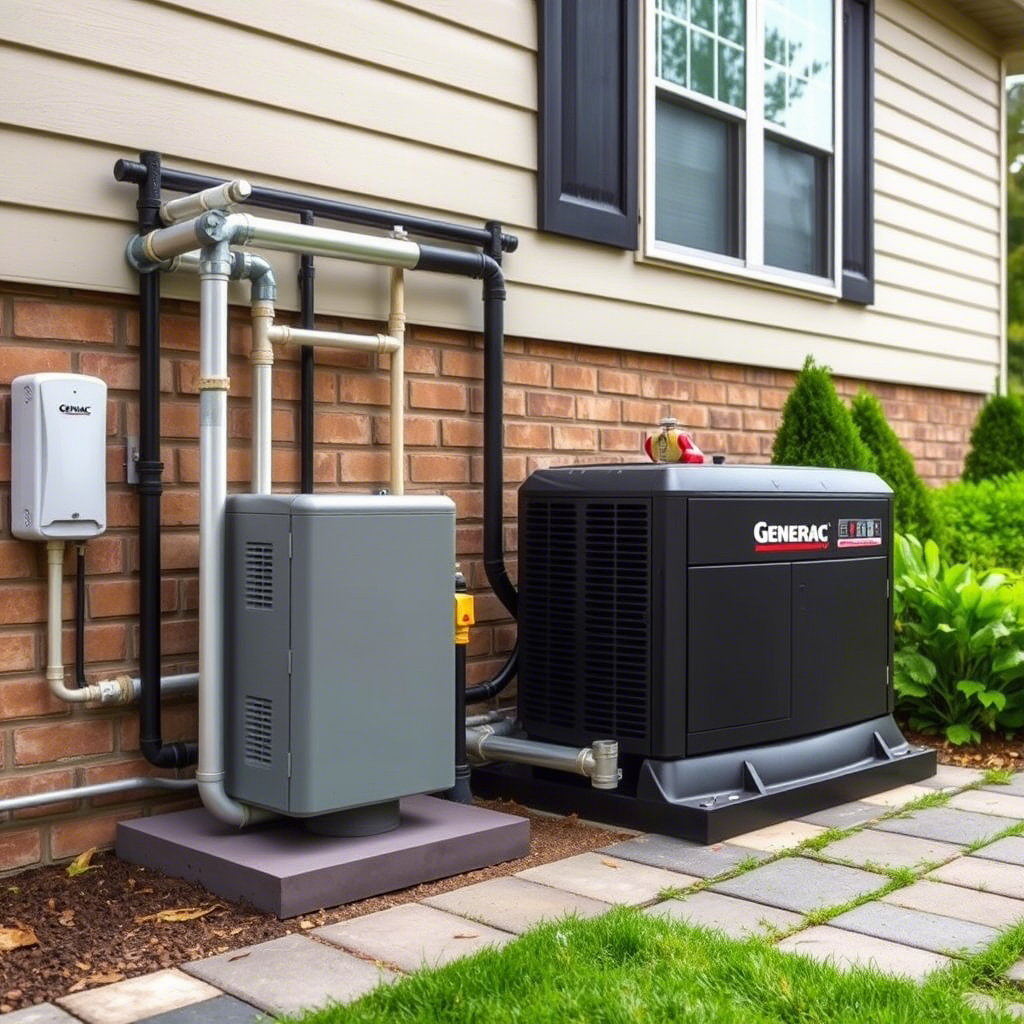What is the typical run time of a portable generator on a full tank of fuel?
As a portable generator owner, one of the most important things to consider is the run time of your generator on a full tank of fuel. The run time, or the length of time your generator can run on a full tank of fuel, can vary depending on the size of the generator and the load it is under. In this article, I’ll explain the factors that affect the run time of a portable generator and provide some examples of typical run times on a full tank of fuel.
Step 1: Understand the factors that affect run time
The run time of a portable generator can be affected by several factors including the size of the generator, the load it is under, the type of fuel used, and the efficiency of the generator.
The size of the generator, measured in watts or kilowatts, is a major factor in determining run time. A larger generator will typically have a longer run time than a smaller generator.
The load on the generator, or the amount of power it is producing and supplying to your appliances, also affects run time. The more appliances and devices you have connected to the generator, the shorter the run time will be.
The type of fuel used in the generator can also affect run time. Gasoline generators typically have longer run times than propane or diesel generators.
The efficiency of the generator is another factor that affects run time. Generators that are designed to be more efficient will typically have longer run times than those that are less efficient.
Step 2: Check the run time of your generator
The run time of your portable generator can be found in the owner’s manual or on the generator itself. The manufacturer will typically provide the run time at a specific load, such as a 50% load or a 100% load.
Step 3: Calculate the run time based on load and fuel consumption
Another way to estimate the run time of your generator is to calculate it based on the fuel consumption and the load on the generator. The fuel consumption of a generator is typically measured in gallons per hour (GPH) and the load on the generator is measured in watts. To estimate the run time, you can divide the amount of fuel in the tank by the fuel consumption and then multiply that by the number of hours in a day.
Example:
Let’s say you have a portable generator with a fuel tank capacity of 4 gallons and a fuel consumption of 0.5 GPH while running at a 50% load. To estimate the run time, you would divide 4 by 0.5, which would give you 8 hours of run time.
Another example,
You have a portable generator with a fuel tank capacity of 2 gallons and a fuel consumption of 0.75 GPH while running at a 100% load. To estimate the run time, you would divide 2 by 0.75 which would give you 2.6 hours of run time.
It’s important to keep in mind that these are just estimates, and the actual run time may vary depending on the specific conditions and usage.
Step 4: Consider the fuel consumption in different loads
It’s important to keep in mind that the fuel consumption of a generator can vary depending on the load it is under. A generator running at a 50% load will typically consume less fuel than a generator running at a 100% load. Therefore, the run time at different loads will also vary.
Step 5: Check the fuel consumption of your generator
The fuel consumption of your portable generator can be found in the owner’s manual or on the generator itself. It’s important to check the fuel consumption at different loads so that you can estimate the run time more accurately.
In conclusion, the run time of a portable generator on a full tank of fuel can vary depending on the size of the generator, the load it is under, the type of fuel used, and the efficiency of the generator. By understanding these factors and checking the run time and fuel consumption of your generator, you can better estimate the run time and plan accordingly. Remember that fuel consumption and run-time are affected by the load on the generator, so always take that into account when estimating run time.


